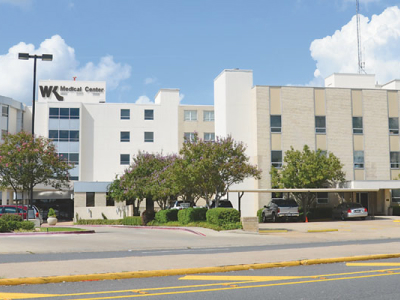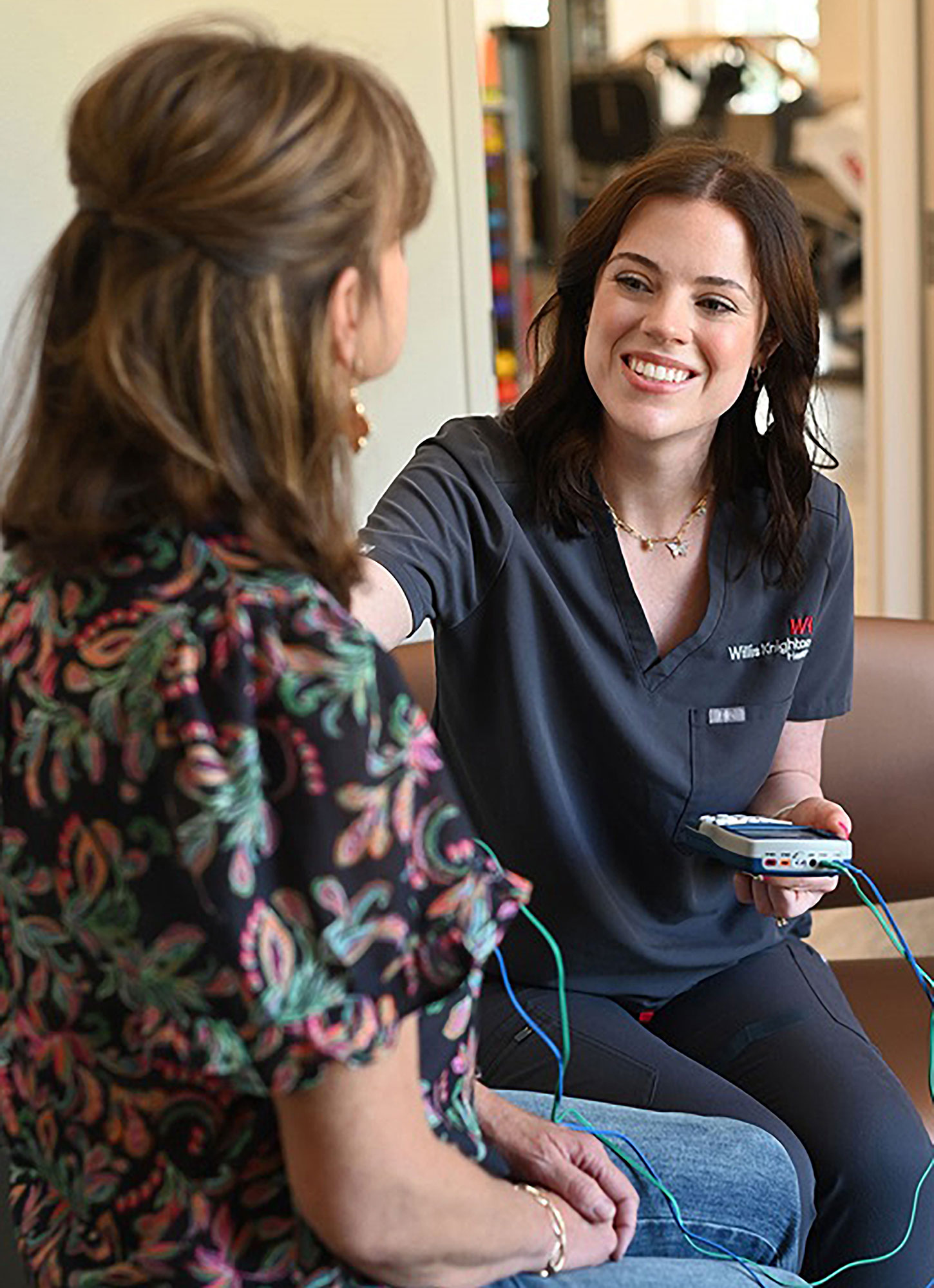Atrial Septal Defect (ASD)
Overview
This is a heart defect you're born with. It's a hole in the wall between your heart's upper chambers. The wall is called the "septum." The upper chambers are called the "atria." The hole in the septum lets blood mix between the atria, where it shouldn't mix.
Causes
What causes this defect? It happens when the septum doesn't form properly as the heart develops before birth. It may be linked to genetics. Other factors may be involved, too. It could be linked to disease, alcohol use or drug use during pregnancy. These things affect the developing baby.
Symptoms
What are the symptoms? If the hole is small, you may not notice any symptoms. Or, you may not see symptoms until later in life. If you do have symptoms, you may have difficulty breathing and shortness of breath during activity. In children, ASD can lead to frequent respiratory infections. In adults, it can cause abnormal heartbeats we call "palpitations." Your doctor may hear abnormal sounds in your heart during an exam. But not everyone has these.
Treatment
How do we treat it? For a small defect, you may not need any treatment. But if it's larger, or if it's causing problems, we can close the hole with a catheter procedure, or with surgery. Your doctor will create a plan that's right for you.













